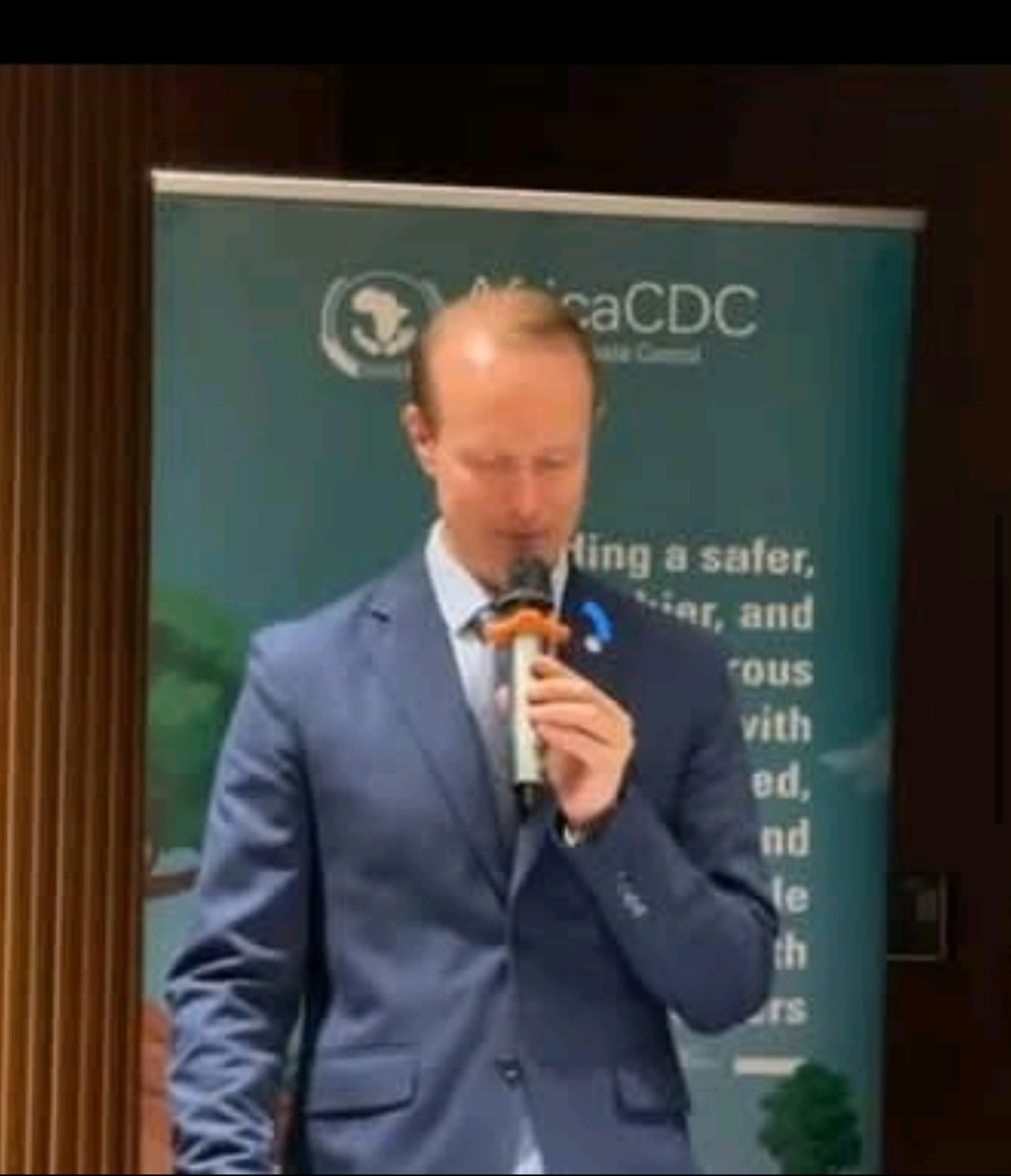Africa Urged to Lead Its Own Health Future Through Community-Based Solutions.

03/06/35.
LUSAKA, ZAMBIA – African countries must take ownership of their health challenges and develop localized solutions through strengthened community health systems, regional and international health leaders have urged.
Speaking during a national Community Health Coordinators meeting supported by the Africa Centres for Disease Control and Prevention (Africa CDC), the organization’s Regional Director, Dr. Lul Riek, emphasized the need for African-driven solutions. "We must stop relying on solutions imposed by others. Africans understand their own health issues best and know how to solve them,” he said.
Dr. Riek stressed the importance of grassroots engagement in driving early health interventions before issues escalate. “Community engagement is the foundation. If we strengthen community health worker programs, we can create homegrown solutions that save lives and support economic growth,” he noted, adding that investing in community health is a strategic move for sustainable development across the continent.
Health Permanent Secretary for Technical Services, Dr. Kennedy Lishimpi, echoed the importance of grassroots health responses. He highlighted the meeting's goal of aligning Zambia’s national community health efforts with continental coordination, stating, “The heartbeat of Primary Health Care is found at community level. That’s where the challenges are first seen and where the solutions must begin.”
Dr. Lishimpi further emphasized the moral responsibility to equip and support Community Health Workers (CHWs), saying, “This is not just a technical task—it’s a moral imperative. Strengthening CHW systems ensures that even remote communities receive essential health services.”
UNICEF’s Deputy Representative, Henri Heikura, reiterated the organization’s commitment to backing government-led initiatives. “We recognize the unique complexities of different health systems. With government in the lead, UNICEF aims to maximize collective impact by supporting contextualized, people-centered approaches,” Heikura said.
ENDS.
